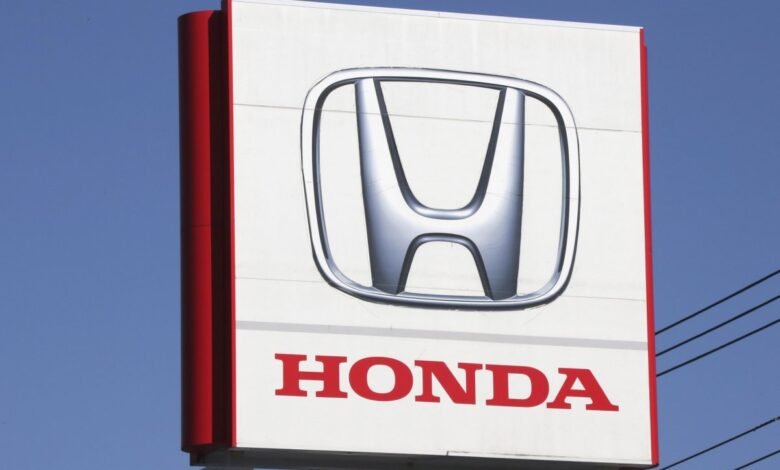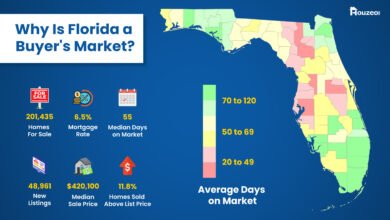Honda Recalls: A Comprehensive Guide to What You Need to Know

Regarding vehicle Honda Recalls, is no stranger to the spotlight. Over the years, the company has recalled several vehicles for various reasons, ranging from safety concerns to software glitches. Recalls, although often concerning for consumers, are critical to ensuring the safety and reliability of vehicles on the road. This guide will explore Honda recalls in depth, what they mean for consumers, the process involved, and how you can stay informed to keep your vehicle in optimal condition.
What Are Honda Recalls?
A recall occurs when a manufacturer discovers a safety issue or defect in one of its products. This often happens after the product has already been sold to consumers. In the automotive world, a recall typically involves a vehicle that may pose a risk to the safety of the driver, passengers, or others on the road. These defects might be related to the engine, brakes, electrical systems, airbags, or other critical car components.
Honda, one of the world’s largest car manufacturers, has issued numerous recalls throughout its history. The company’s dedication to customer safety is evident in how promptly they address issues and work to correct them. Recalls are not necessarily a sign of poor quality; they demonstrate the company’s commitment to maintaining high safety standards.
Why Do Honda Recalls Happen?
Honda recalls happen for several reasons. A common reason is the discovery of a defect that affects the safety or functionality of a vehicle. This could be something as small as a malfunctioning airbag sensor or as serious as a defect in the braking system. Some recalls occur due to manufacturing errors, where a part or component may have been improperly installed. Others arise when the company learns of issues through consumer complaints, warranty claims, or crash reports.
Another reason for Honda recalls could be the discovery of software glitches in a vehicle’s computer systems. As cars become more technologically advanced, software plays an increasingly important role in their performance. A bug or glitch in a car’s onboard software could impact everything from the engine’s performance to the efficiency of safety features like automatic braking. These glitches often lead to recalls because they compromise a vehicle’s ability to perform safely in various driving conditions.
How Do Honda Recalls Impact Vehicle Owners?
A recall can be inconvenient for vehicle owners, but it’s important to remember that recalls are meant to protect drivers and passengers from harm. While no one enjoys receiving a recall notice, resolving the issue is typically straightforward and free of charge. Honda takes the necessary steps to ensure that the issue is addressed, whether repairing the vehicle, replacing parts, or even replacing the entire car in extreme cases.
Additionally, owners of recalled vehicles may experience peace of mind knowing that the manufacturer is taking swift action to prevent potential accidents. Most recalls are related to minor issues that can be fixed relatively quickly. However, some recalls are more significant and may require a more extensive repair process.
The Recall Process: What Happens After a Recall Notice?
Once a recall is issued, the process begins. First, Honda will notify affected vehicle owners by mail, email, or phone. The notice will provide information about the recall, the specific vehicles affected, and the required action. Sometimes, this will involve taking the vehicle to a Honda dealership for repairs; other times, it may require the replacement of a faulty part or component.
Next, the owner must schedule an appointment with an authorized Honda service center. In many cases, these repairs are covered by Honda at no cost to the vehicle owner. The dealership will inspect the vehicle, perform the necessary repairs or replacements, and inform the owner when the issue has been resolved.
Honda owners must act promptly upon receiving a recall notice to ensure their vehicle remains safe to drive. Ignoring a recall can result in driving a car that poses a safety risk and may also affect the car’s resale value.
Common Honda Recalls: A Look at Some Notable Incidents

Over the years, Honda Recalls has had several high-profile recalls. Some of these recalls were due to manufacturing defects, while others resulted from external factors, such as faulty parts provided by suppliers. Below are some of the more significant Honda recalls to date:
- Takata Airbag Recall: Perhaps the most well-known Honda recall, this issue involved faulty airbags manufactured by Takata, a supplier of airbag inflators. The airbags could deploy improperly, potentially causing injury or even death. This recall affected millions of vehicles, including many Honda models, and is one of the most significant and widespread recalls in automotive history.
- Honda Civic and CR-V Brake Defect: In 2019, Honda Recalls issued a recall for specific Civic and CR-V models due to a problem with the rear brakes. The brake calipers were prone to seizing, which could lead to a loss of braking ability. This issue was particularly concerning for safety reasons, as it could result in accidents or collisions.
- Honda Odyssey Fuel Pump Recall: In 2020, Honda recalled thousands of Odyssey minivans due to a faulty fuel pump. The defect could lead to a sudden engine stall, significantly increasing the crash risk. This recall impacted several model years of the Odyssey and required a replacement of the fuel pump in affected vehicles.
These are just a few examples of the recalls Honda Recalls has issued over the years. While recalls are never ideal, it is essential to note that they are part of the company’s ongoing commitment to safety and reliability. Every recall allows Honda to correct potential issues before they become significant problems.
How to Check If Your Honda is Part of a Recall
If you own a Honda Recalls vehicle, staying informed about recalls that might affect your car is essential. Luckily, several ways exist to check if your Honda Recallsis part of an active recall.
1. Honda’s Recall Website
Honda Recalls has a dedicated recall page on their official website. By entering your Vehicle Identification Number (VIN), you can quickly determine if your vehicle is involved in any active recalls. The VIN is a unique 17-character code on your vehicle’s dashboard or inside the driver’s side door frame.
2. National Highway Traffic Safety Administration (NHTSA)
The NHTSA also provides a tool for checking vehicle recalls. You can visit their website and enter your vehicle’s VIN to check if it has been recalled. The NHTSA maintains a comprehensive database of vehicle recalls in the United States, and it’s an excellent resource for staying informed.
3. Dealer Notifications
If a recall is issued, the manufacturer usually notifies Honda dealers. Sometimes, your local dealership may contact you directly to inform you about the recall. It’s a good idea to keep your contact information up-to-date with Honda so you don’t miss out on vital recall notifications.
What Should You Do if Your Honda is Recalled?
If you discover that your Honda is part of a recall, the next step is simple: take action. Here’s what you should do:
1. Review the Recall Notice
Once you receive a recall notice, carefully read the letter. It will provide detailed information about the issue, including what part or component needs to be repaired or replaced. It may also outline the potential risks associated with the defect.
2. Schedule an Appointment
Call your local Honda dealership or authorized service center to schedule an appointment. Be sure to mention that your vehicle is involved in a recall. The dealership will likely prioritize your truck for repairs if the recall concerns a critical safety issue.
3. Get the Necessary Repairs
The dealership will fix the recall issue at no charge. If the issue concerns a part replacement, the dealership will install the new part. The length of the repair process will depend on the nature of the recall, but most issues can be resolved in a day or two.
4. Follow Up
After your vehicle has been repaired, follow up with the dealership to ensure the recall has been adequately addressed. Request any necessary documentation that confirms your vehicle is no longer affected by the recall. This can be important for warranty purposes and future resale.
Honda’s Commitment to Safety and Quality
Despite the occasional recall, Honda remains one of the world’s most reliable and trusted car manufacturers. The company’s commitment to quality, safety, and innovation has earned it a loyal following of drivers. Honda’s proactive approach to recalls, combined with its dedication to customer satisfaction, is a testament to the company’s ongoing efforts to provide the best possible products to its customers.
The Future of Honda Recalls
As technology continues to evolve, the way recalls are handled will also change. With the increasing integration of artificial intelligence, machine learning, and real-time diagnostics in vehicles, manufacturers like Honda will likely be able to identify potential issues before they become widespread problems.
Additionally, as the automotive industry moves toward electric vehicles (EVs) and autonomous driving, recalls may become even more complex as new technologies introduce new potential risks. Like many other manufacturers, Honda is constantly evolving and adapting to meet the changing needs of consumers.
In conclusion, while recalls can be concerning, they are essential to the vehicle ownership experience. Honda’s commitment to safety and quality ensures that potential issues are addressed swiftly, giving consumers peace of mind knowing that their vehicles are safe and reliable. As a Honda owner, staying informed about recalls and acting promptly when necessary will help you maintain a safe and well-functioning vehicle for years.




